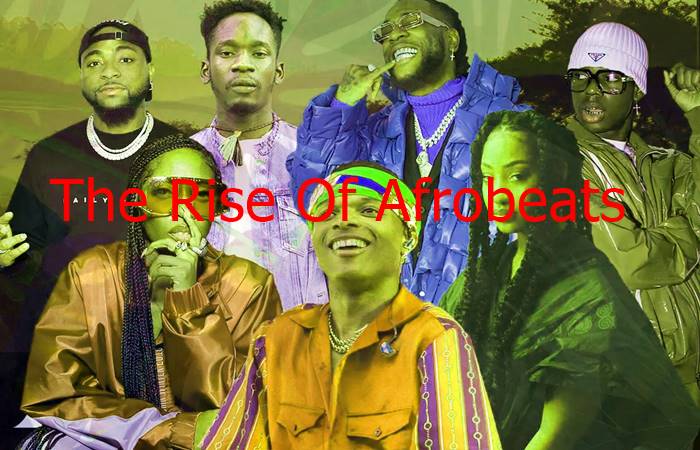
In recent years, the world has witnessed an explosion of Afrobeats on the global music scene. This vibrant genre, rooted in African rhythms and melodies, has transcended borders, captivating audiences across continents. The global rise of Afrobeats is a testament to the genre’s infectious energy, rich cultural heritage, and the growing influence of African artists in the international music industry.
What is Afrobeats?
Afrobeats is a genre that combines traditional African music elements with contemporary sounds such as hip-hop, funk, jazz, and dancehall. Originating in Nigeria and Ghana, Afrobeats has evolved into a diverse musical style characterized by its upbeat tempo, rhythmic drumming, and dynamic vocal patterns. The genre is not to be confused with Afrobeat, a 1970s music style pioneered by Fela Kuti, which combines jazz, highlife, and funk.
The Roots of Afrobeats
The foundations of Afrobeats can be traced back to the late 20th century when African musicians began blending local sounds with Western influences. Highlife music, popular in West Africa during the 1960s and 1970s, played a significant role in shaping the early Afrobeats sound. The genre further evolved as artists incorporated elements of American hip-hop and Caribbean dancehall, creating a unique and eclectic musical tapestry.
The Pioneers of Afrobeats
Several key figures have been instrumental in the rise of Afrobeats. Artists like Wizkid, Davido, and Burna Boy have not only achieved massive success in Africa but have also gained international recognition. Wizkid’s collaboration with Drake on the hit single “One Dance” in 2016 marked a significant milestone, bringing Afrobeats into the mainstream global music scene. Similarly, Burna Boy’s Grammy-winning album “Twice as Tall” showcased the genre’s potential for global appeal and critical acclaim.
The Global Appeal of Afrobeats
Afrobeats’ infectious rhythms and universal themes of love, joy, and resilience have resonated with audiences worldwide. The genre’s ability to bring people together on the dance floor, regardless of cultural background, has been a key factor in its global appeal. Additionally, the rise of digital streaming platforms has made it easier for Afrobeats artists to reach international audiences, breaking down geographical barriers and fostering a global fan base.
The Role of Social Media and Digital Platforms
Social media and digital platforms have played a crucial role in the dissemination of Afrobeats. Platforms like YouTube, Spotify, and Apple Music have allowed artists to share their music with a global audience, while social media networks like Instagram, Twitter, and TikTok have provided a space for fans to engage with and promote their favorite artists. The viral nature of social media has helped Afrobeats tracks gain traction and reach new listeners around the world.
Afrobeats in Popular Culture
The influence of Afrobeats extends beyond the music industry into popular culture. The genre has inspired fashion trends, dance moves, and even influenced other music genres. International artists such as Beyoncé and Major Lazer have incorporated Afrobeats into their music, further amplifying its global presence. Beyoncé’s “The Lion King: The Gift” album, featuring several Afrobeats artists, is a prime example of the genre’s impact on mainstream music.
The Future of Afrobeats
The future of Afrobeats looks incredibly promising. As more African artists gain international recognition, the genre continues to evolve and innovate. Collaborations between African and international artists are becoming more common, further blending musical styles and expanding the genre’s reach. The global music industry is increasingly recognizing the value and influence of Afrobeats, leading to more opportunities for African artists to shine on the world stage.
Conclusion
The global rise of Afrobeats is a remarkable phenomenon that highlights the power of music to transcend cultural boundaries. With its infectious rhythms, rich heritage, and dynamic evolution, Afrobeats has firmly established itself as a force to be reckoned with in the global music scene. As the genre continues to grow and innovate, it promises to bring even more African rhythms to the world, uniting people through the universal language of music.
In conclusion, the ascent of Afrobeats is a celebration of African creativity and cultural influence. As we look to the future, one thing is clear: Afrobeats is here to stay, and its global takeover is only just beginning.

















